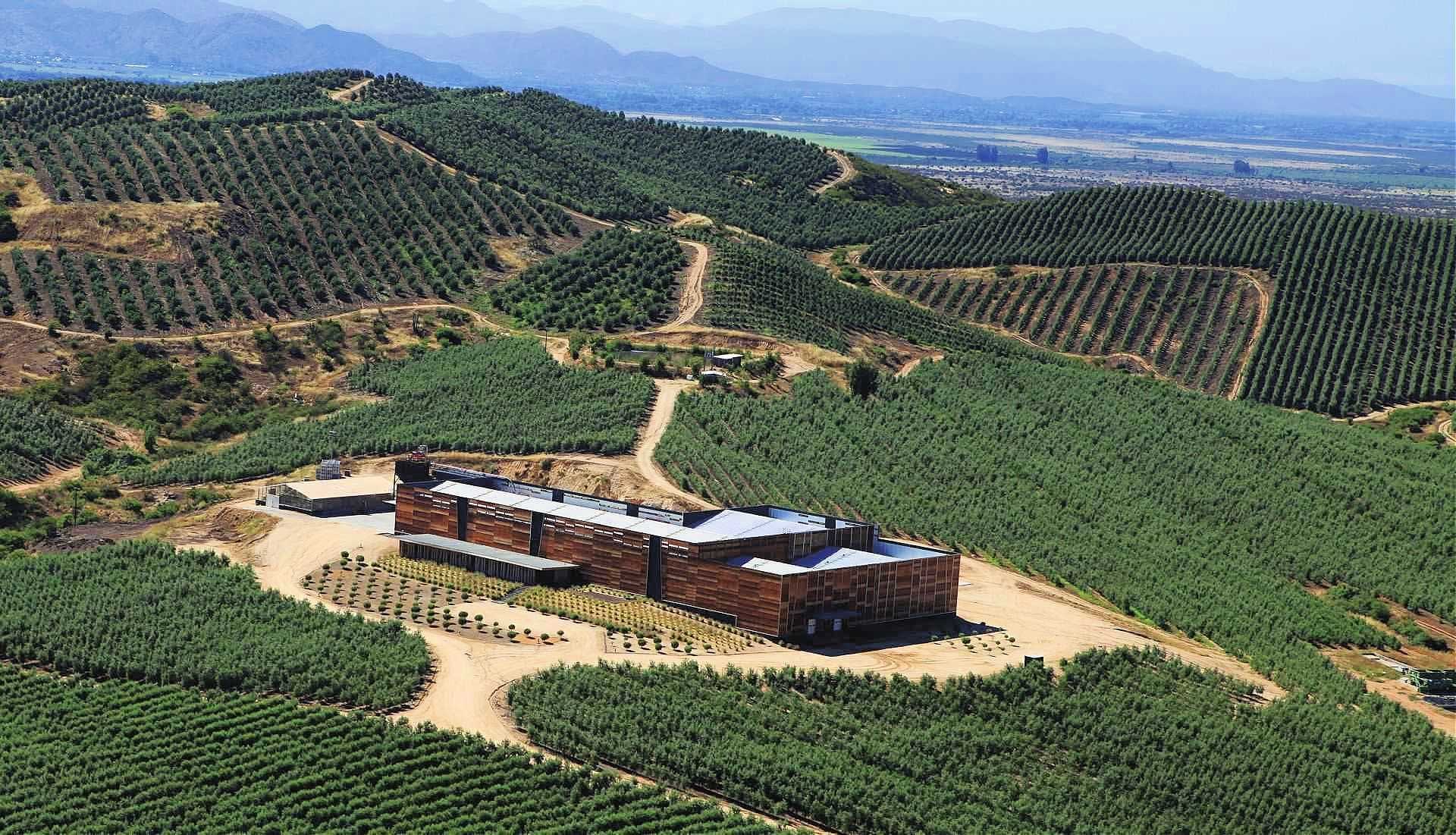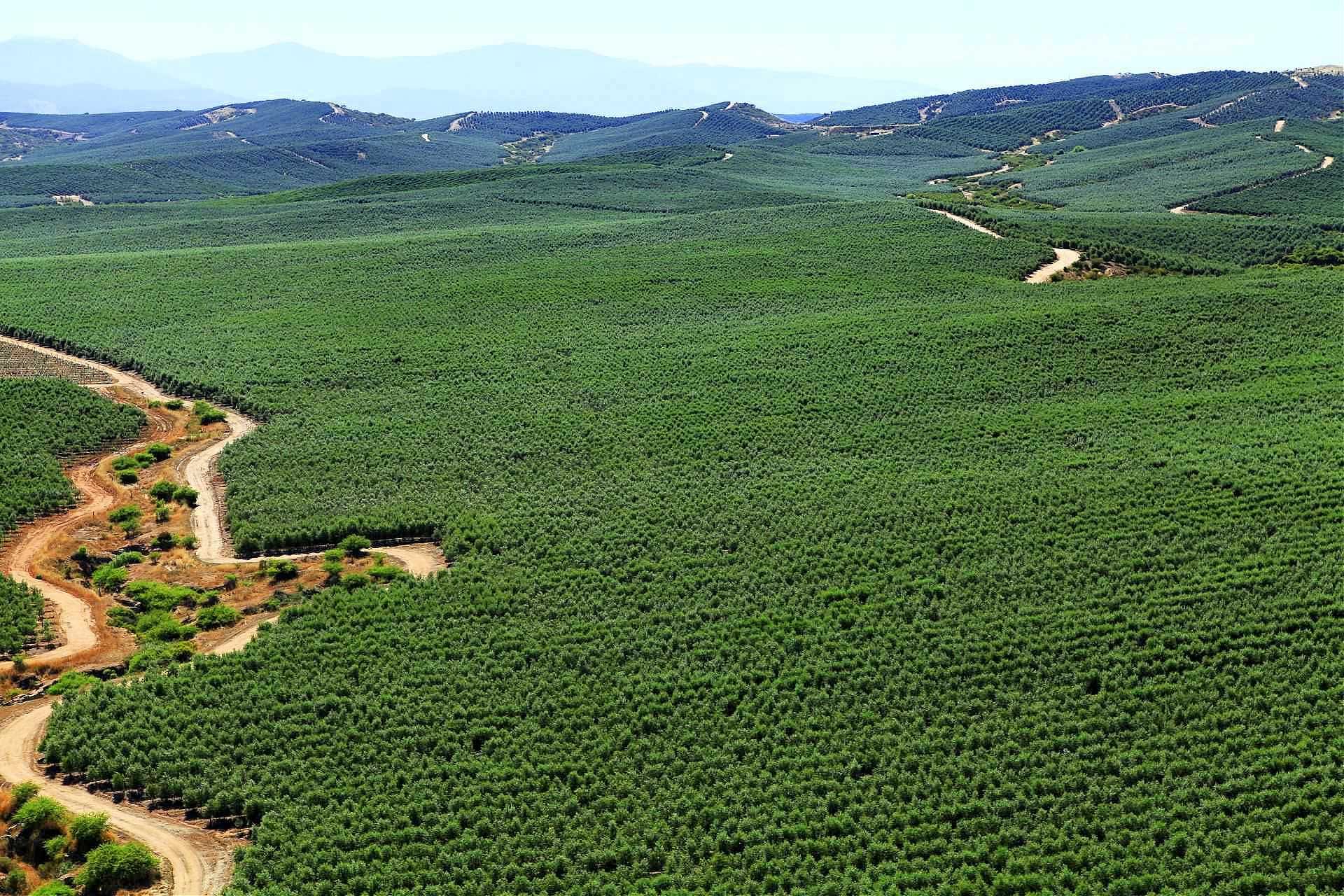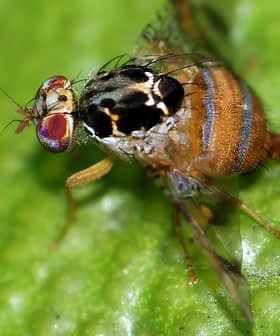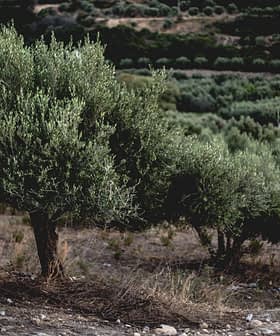Chilean Producers Manage a Hard Year to a Promising Harvest
Chile is expected to produce roughly 20,000 tons of olive oil in 2021. Producers have renewed focus on quality to help their brands stand out.
 Photo: ChileOliva
Photo: ChileOlivaDespite the challenges of an ongoing drought and the Covid-19 pandemic, Chilean olive oil production is expected to once again exceed 20,000 tons in the 2020/21 crop year.
Gabriela Moglia, the general manager of the National Association of Chilean Olive Oil Producers (ChileOliva), told Olive Oil Times it is still too early to give a precise figure, but all signs point to another good year for producers.
There are shortages of spaces in the different ships, congestion in ports and long transits on the routes, which has made it very difficult to meet 100 percent of the dates programmed.
The Chilean olive harvest starts in mid-April each year and ends in early- to mid-June. The country’s Mediterranean climate is ideal for olive cultivation and generally leads to high yields.
“This year, the harvest began a few weeks earlier just to carry out good coordination and be prepared for pandemic contingencies,” Moglia said. “Producers, who mostly export high-quality olive oil, have demanding international standards, so the Covid-19 situation has supplemented their safety measures with strict protocols to prevent contagion.”
See Also:2021 Harvest UpdateChile has been experiencing drought conditions for the past couple of years, which has led to mounting concerns in the agricultural sector and emphasized the need for companies to plan ahead.
However, there has been more rain in the current crop year than in the previous two, which helped growers. One month into the harvest, most producers expect to have a good year, both in quantity and quality.
The leading cause for concern stems from the absence of rain in recent weeks.
“This year, we are expecting an estimated production of 2.8 million liters of conventional olive oil and 700,000 liters of organic olive oil,” Claudio Lovazzano, the head of marketing at Olivos del Sur, told Olive Oil Times.

Photo: Olisur
Olisur has more than 1,800 hectares of olive crops planted in San José de Marchigue and 500 hectares of organic olive trees in the Coquimbo area of northern Chile.
Meticulous planning has allowed the company’s 60 employees to operate continuously during the harvest while following health protocols.
Covid-19 has presented logistical and practical challenges. While Olisur has successfully kept its employees safe throughout the pandemic, this has inevitably caused production delays.
Throughout the day, operators run six harvesting machines. Olives from the company’s super-high-density groves are continuously delivered to the mill, ensuring that the entire production process is complete within two hours.
Lovazzano said this process ensures high organoleptic quality and chemical parameters for the company’s award-winning extra virgin olive oil, which boasts low acidity and is produced using a sustainable and environmentally friendly process.
“At Olisur, each process is controlled and measured, as we are the only olive oil in Chile and Latin America certified as carbon neutral,” Lovazzano said. “Olisur is a member of the Clean Production Agreement and also has a For Life (corporate social responsibility) certification that emphasizes not only the quality of production but also the workers and the community around us.”

Photo: Olisur
Situated a few kilometers west of Olisur, José Manuel Reyes, the development manager at Agrícola Pobeña, which produces Alonso Olive Oil, has outlined the additional logistical factors for the distribution of olive oil during the pandemic that need to be taken into account.
“There are shortages of spaces in the different ships, congestion in ports and long transits on the routes, which has made it very difficult to meet 100 percent of the dates programmed, especially for those of us who sell fresh and green oil,” Manuel Reyes told Olive Oil Times.
To offset some of the economic impacts of the pandemic on the olive oil supply chains, many Chilean producers are opting to certify their products with the AOS Seal. The stamp ensures that partner companies meet specific sustainable management requirements in producing or marketing their olive oils.
The seal is obtained by member companies that comply with the Chilean government’s Clean Production Agreement, which sets out nine main goals related to improving sustainability, conserving water, promoting biodiversity and decreasing carbon emissions.
Chilean olive oil producers are also working on a national sustainability certification, which grants a Sustainable Olive Oil-AOS Seal to those companies that meet the goals of the Clean Production Agreement.
The goal of the sustainability certifications is to help set Chilean extra virgin olive oils apart in a crowded international market.








